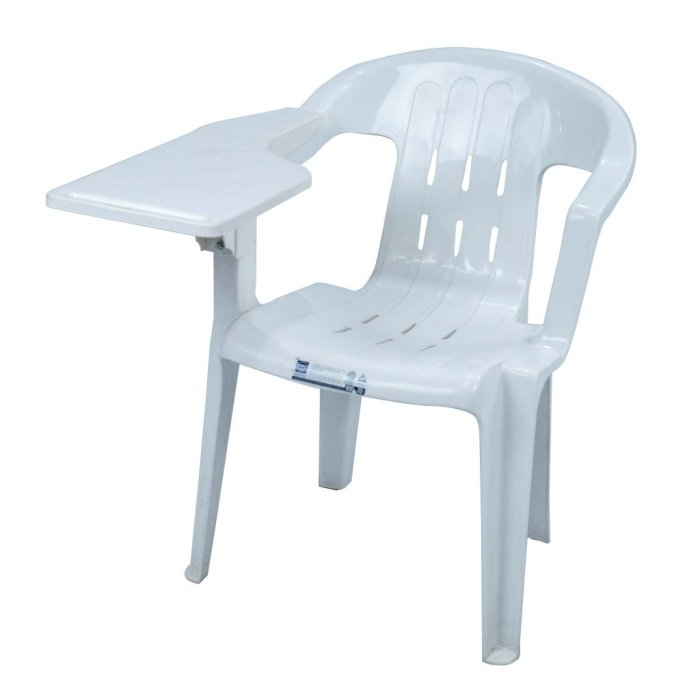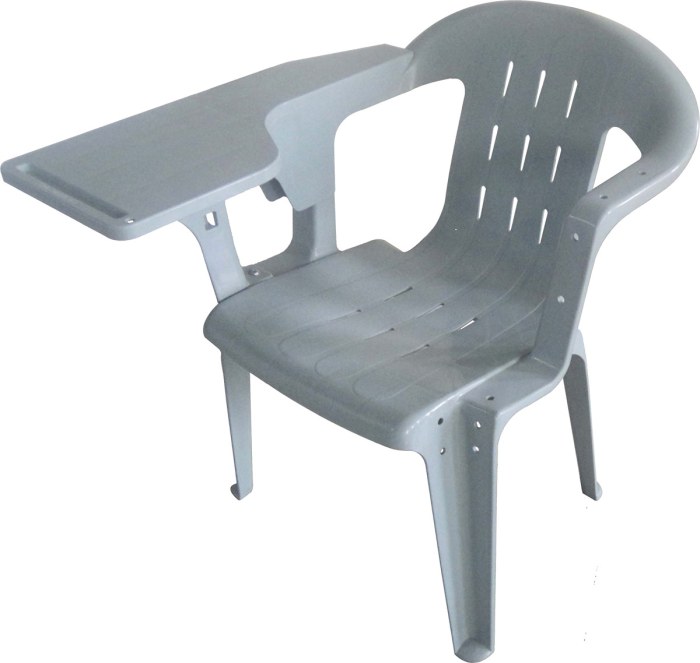The alarming incident of student hits classmate with chair compels us to delve into the complexities of student behavior and the crucial role of classroom management in fostering a conducive learning environment. This incident raises fundamental questions about the motivations behind such behavior, the consequences it entails, and the strategies necessary to prevent and address it.
The following discussion will provide a comprehensive analysis of student behavior, exploring potential reasons and impacts. It will also highlight the significance of classroom management in shaping student conduct, emphasizing the establishment of clear rules, expectations, and consequences. Furthermore, the role of school policies and procedures, social and emotional learning, and collaboration among stakeholders will be examined to provide a holistic understanding of addressing student behavioral issues.
Student Behavior: Student Hits Classmate With Chair

Student behavior can be complex and influenced by various factors. In the incident where a student hit their classmate with a chair, the underlying reasons and motivations must be carefully considered.
Possible reasons could include frustration, anger, or a desire to assert dominance. It’s essential to address these underlying issues to prevent similar incidents in the future.
Such behavior can have severe consequences, including physical injury, emotional distress, and a disrupted classroom environment.
Classroom Management
Effective classroom management is crucial in preventing and responding to inappropriate behavior. Teachers play a pivotal role in establishing a positive and respectful learning environment.
Clear rules, expectations, and consequences should be communicated to students at the beginning of the school year. Consistent enforcement of these rules helps create a structured and predictable environment.
Teachers should also foster a sense of community and belonging among students. When students feel connected to their peers and teachers, they are less likely to engage in disruptive behavior.
School Policies and Procedures
Schools typically have policies and procedures in place to address student behavior issues. These policies Artikel the consequences for inappropriate behavior and the steps to be taken when such incidents occur.
Administrators and school staff are responsible for enforcing these policies and ensuring that students are treated fairly and consistently.
Disciplinary measures may include detention, suspension, or expulsion, depending on the severity of the offense.
Social and Emotional Learning
Social and emotional learning (SEL) is an essential component of preventing and addressing student aggression. SEL programs teach students essential skills such as empathy, conflict resolution, and self-regulation.
By integrating SEL into the curriculum and school culture, students can develop the skills they need to manage their emotions and resolve conflicts peacefully.
Examples of SEL programs include mindfulness training, peer mediation, and social skills groups.
Collaboration and Support, Student hits classmate with chair
Collaboration between teachers, parents, and administrators is crucial in addressing student behavior issues effectively.
Parents can provide valuable insights into their child’s behavior and work with the school to develop appropriate interventions.
School counselors, social workers, and other support staff can provide additional support to students who are struggling with behavioral issues.
Effective communication and partnerships among all stakeholders create a supportive and responsive school environment that fosters positive student behavior.
Essential Questionnaire
What are the potential consequences of student aggression?
Student aggression can have severe consequences for both the perpetrator and the victim. It can lead to physical injuries, emotional distress, and disruption of the learning environment. In some cases, it may also result in legal consequences.
What role do school counselors play in addressing student behavior issues?
School counselors provide support and guidance to students experiencing behavioral difficulties. They can help students identify the underlying causes of their behavior, develop coping mechanisms, and improve their social and emotional skills.
How can parents collaborate with schools to address student behavior issues?
Parents play a vital role in supporting their children’s behavior. They can work with schools to establish clear expectations, monitor their children’s behavior, and provide positive reinforcement for appropriate behavior.


